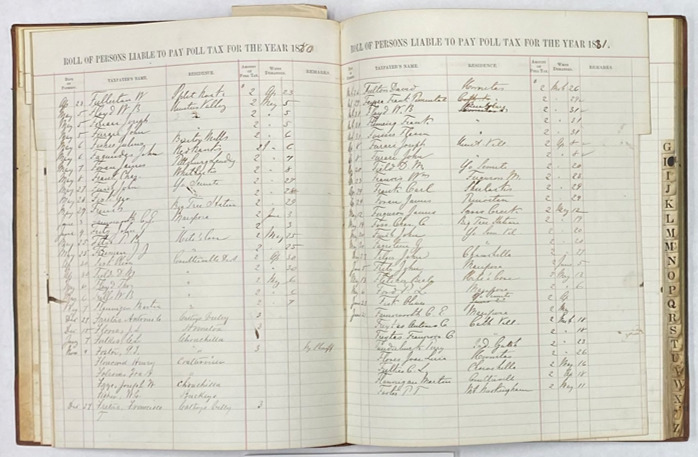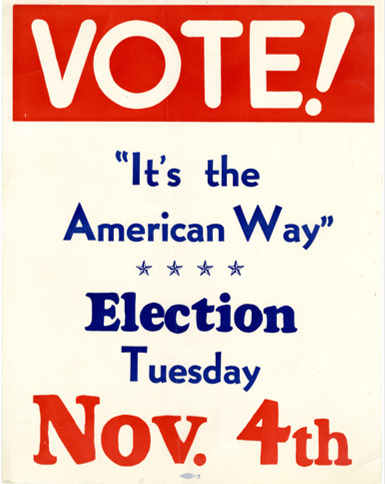Poll taxes require a financial payment as a prerequisite to voter registration. Many states had poll taxes, including California which enacted a poll tax in 1851. According to Chapter 6, Statutes of 1851, Californians who were under the age of fifty and otherwise eligible to vote (voting at this time was mostly restricted to white male citizens of the United States twenty-one years old or older) had to pay a three-dollar poll tax. This equates to about one hundred and twenty dollars in 2025. In the years after the end of Reconstruction, most Southern States used poll taxes along with literacy tests, grandfather clauses and other practices to disenfranchise Black voters. Racially motivated extrajudicial killings, and other acts of violence and intimidation, were also employed to prevent access to the ballot box. Consequently, the voting rights guaranteed by the Fifteenth Amendment to the US Constitution were eventually rolled back. Black voter registration in Mississippi, for example, fell from seventy percent in 1867 to six percent in 1892. Polls taxes continued in various forms in California until they were finally abolished by Proposition 16 in 1946.

